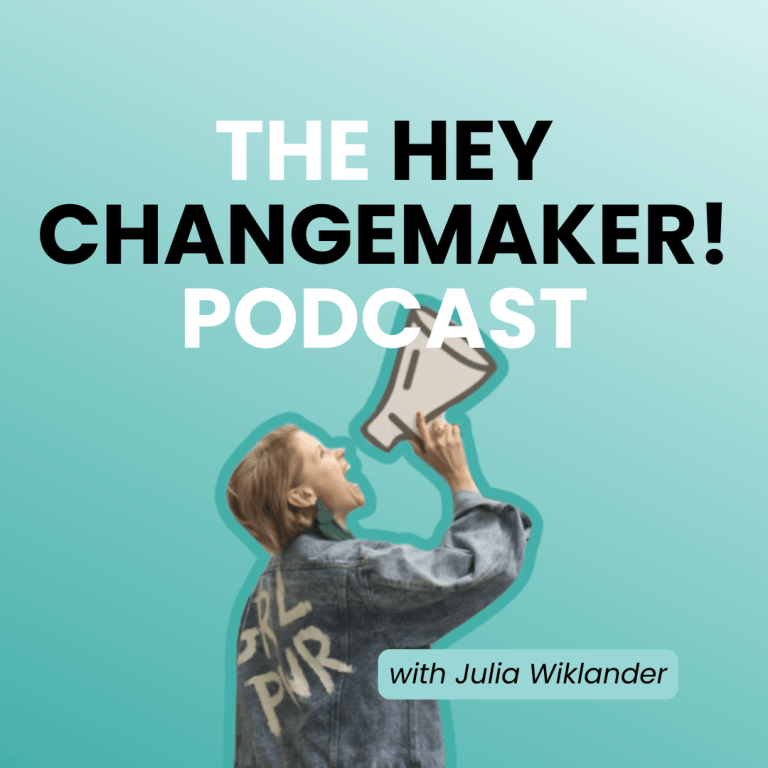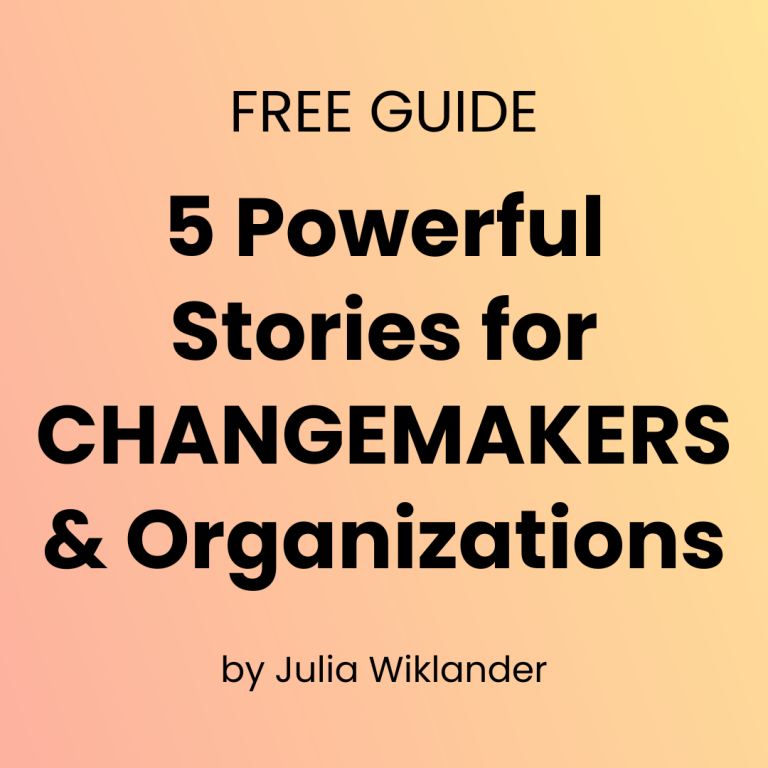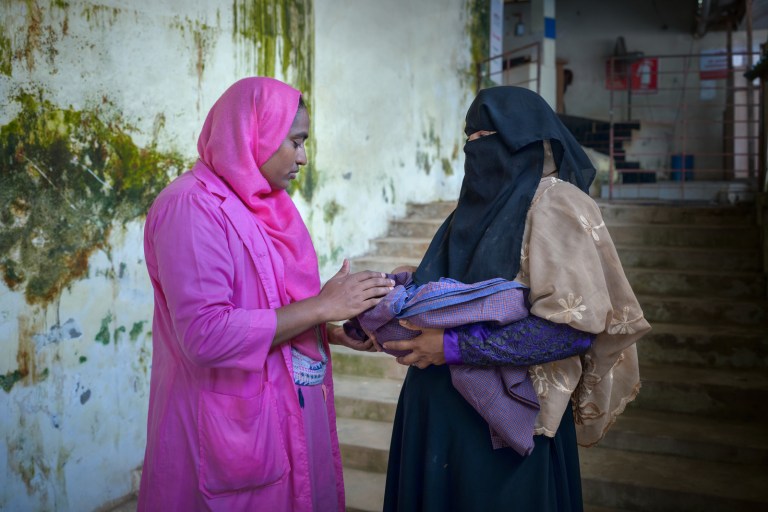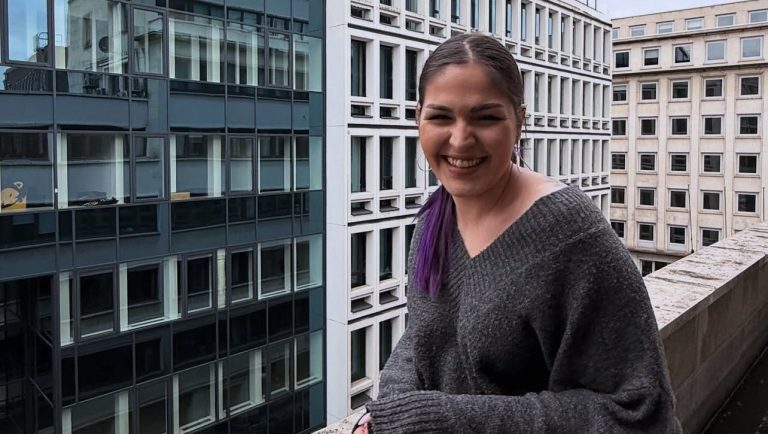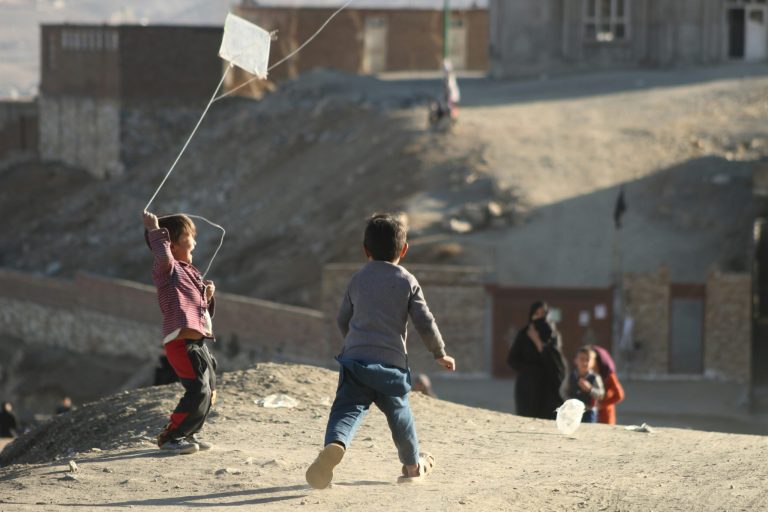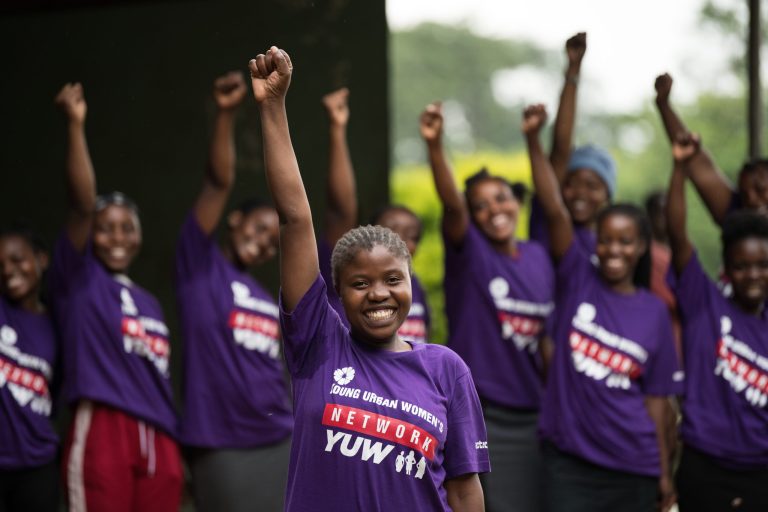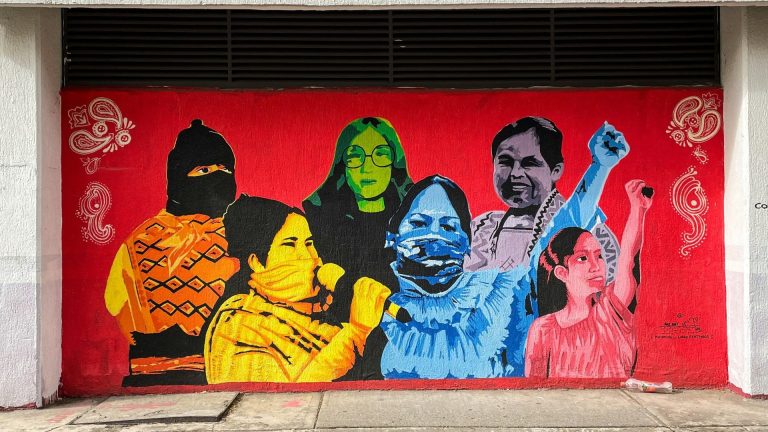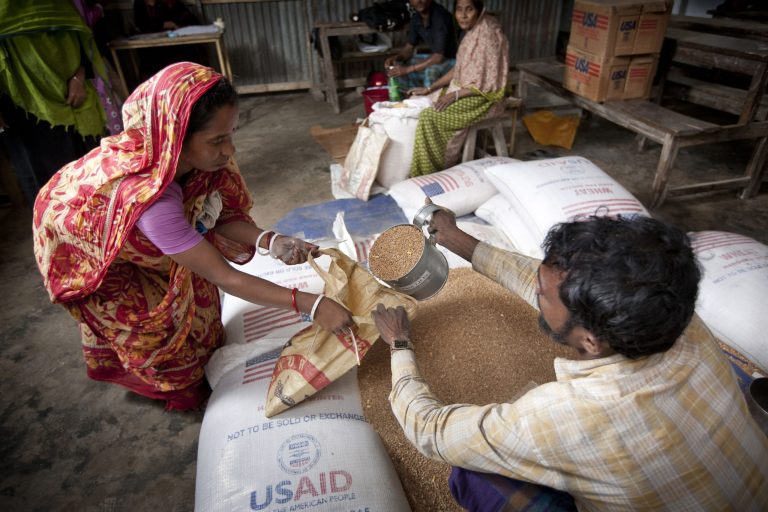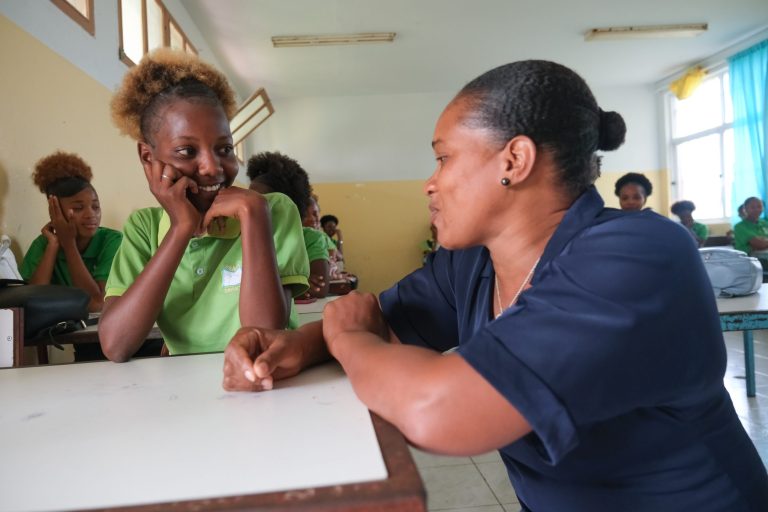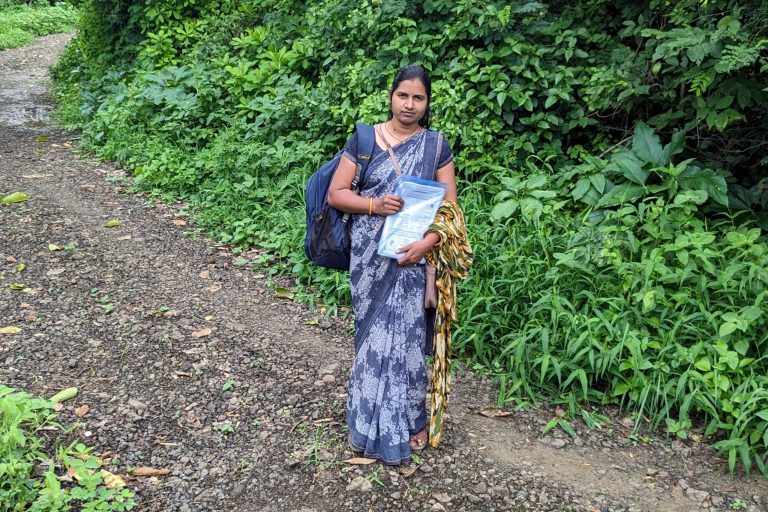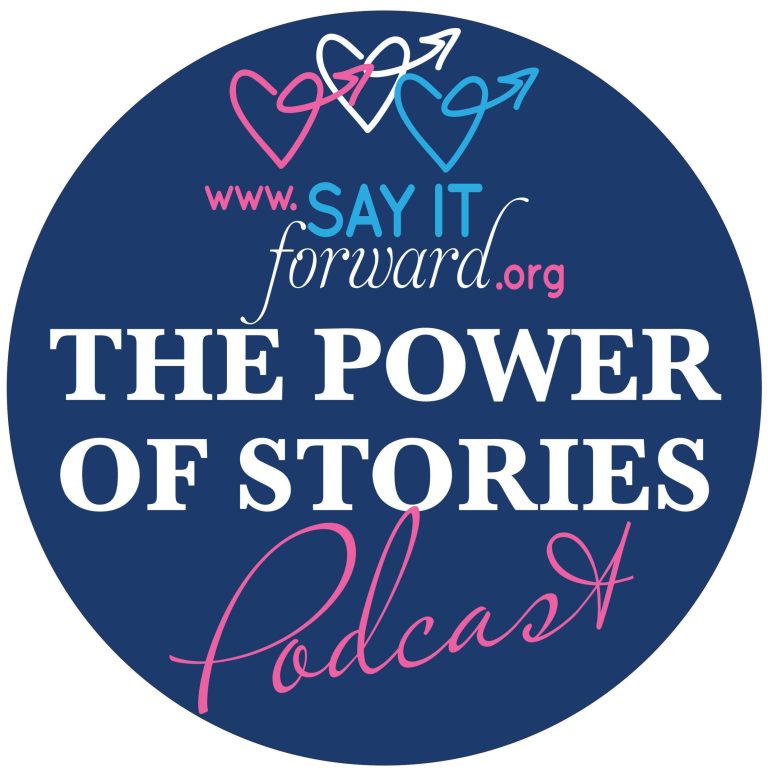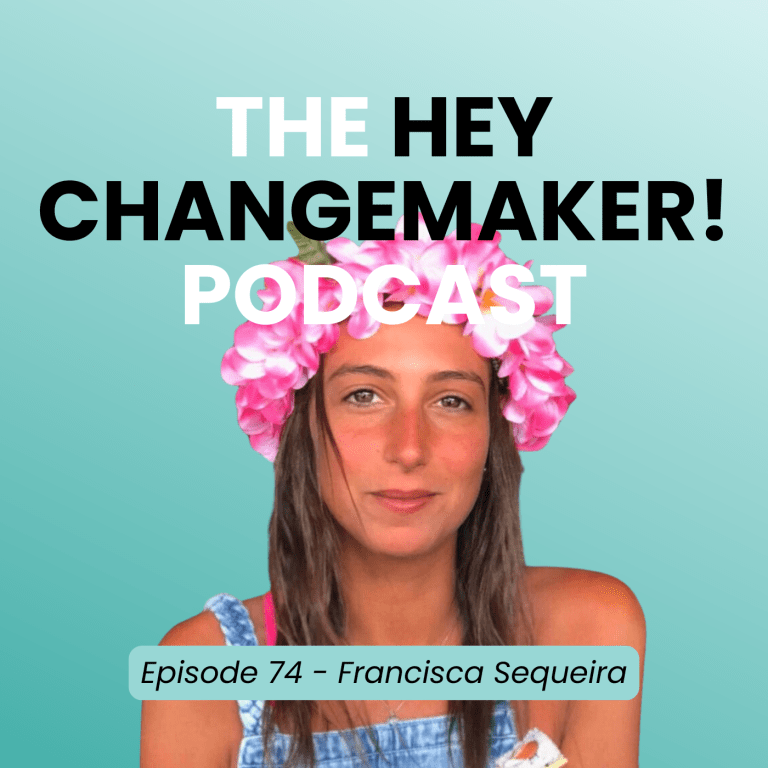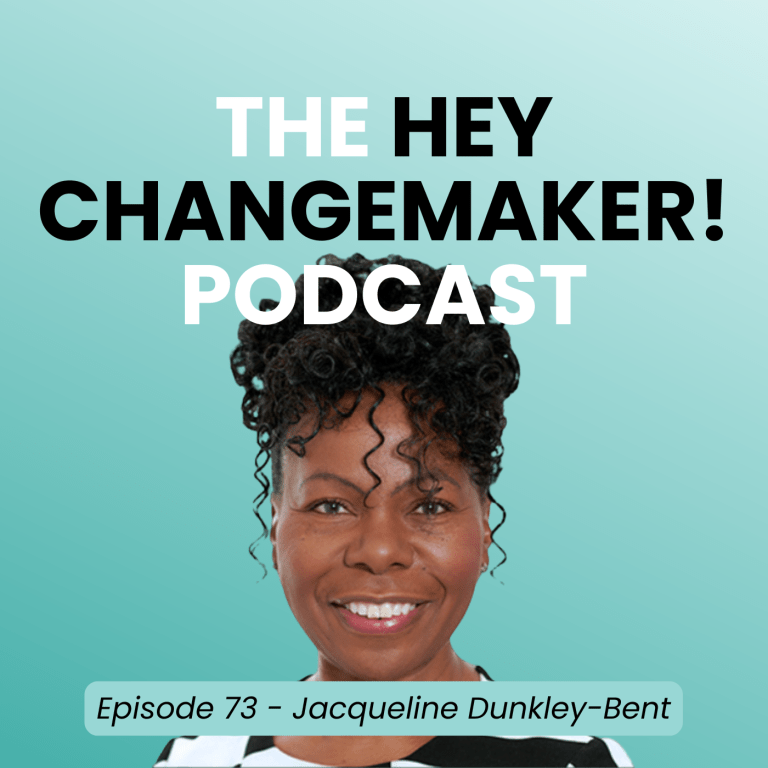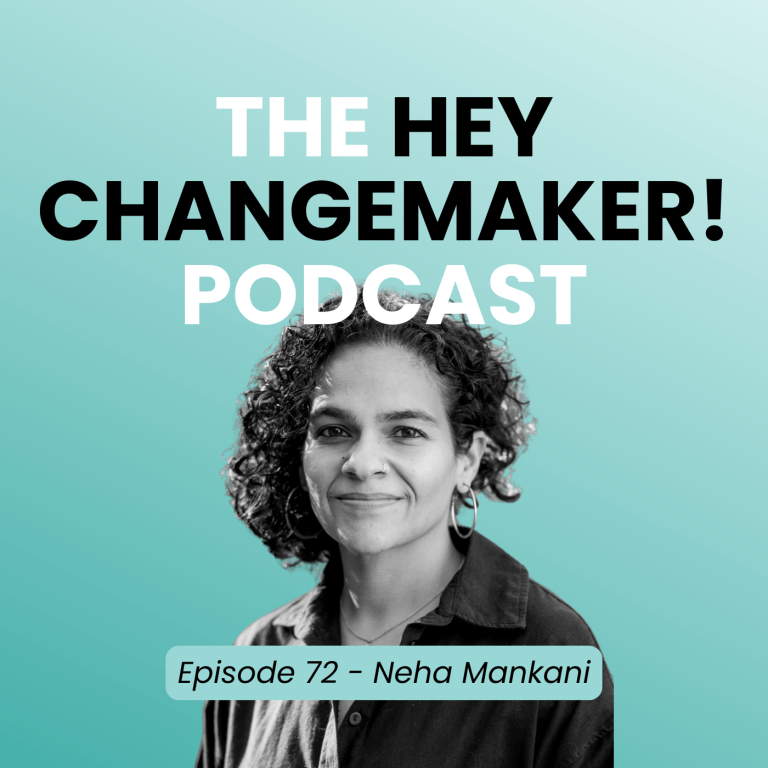Every month over 2 billion girls and women globally get their period. But, due to lack of period products and other related factors, many girls and young women in places like Magwaveni in KwaZulu-Natal, are forced to miss school.
According to sexual and reproductive health research done by the National Health of Medicine, menstrual health is key to improving the global population.
By definition, menstrual health refers to a state of complete physical, mental, and social well-being and not merely the absence of disease or infirmity, in relation to the menstrual cycle.
In essence, positive menstrual health means that individuals can go through their periods with all the necessary resources at their disposal. From period products to period education and functional health facilities, menstrual health is about making periods bearable.
However, this is not the reality for many girls and young women across the world. For example, in South Africa alone, about 7 million girls miss school each month due to a lack of period products, which results in them missing 25% of their learning during that academic year. In addition to the lack of period of products, it is the stigmatization, fear of being ridiculed, period pains, and so much more that contributes to their absenteeism which also affects their esteem and outlook on life.
Proper sanitation
About 40 kilometres from warm Durban, lies a place called oThongati. Deep inside oThongati, is a neglected township called Magwaveni. Vibrant with township culture and an intergenerational population, Magwaveni resembles many South African townships. On 3 June 2024, Magwaveni was struck by a tornado that left more than 2,000 households destroyed. The right to shelter and food were not the only rights trampled on by this disaster. The rights to proper sanitation and menstrual health were also violated.
As a result, community members lost their appliances, important belongings and in some instances, their homes. Aid came in the form food and blankets from various organisations. It was not until the ActionAid-City Hope partnership that things began to improve for the community. Through ActionAid, community members received vouchers that helped them buy building materials and get household essentials and food parcels.
As a movement that prioritizes the empowerment and dignity of women, it was only right for Young Urban Women to offer their support during this difficult time in Magwaveni through empowerment. On 20 July, I hosted a menstrual workshop at Fairbreeze grounds where the community of Magwaveni came to collect their household essentials. As a menstrual health activist, I used the knowledge and tools from Qrate, an organization that promotes period positivity through menstrual education workshops, to facilitate conversations about periods with about 20 teenage girls who were present.
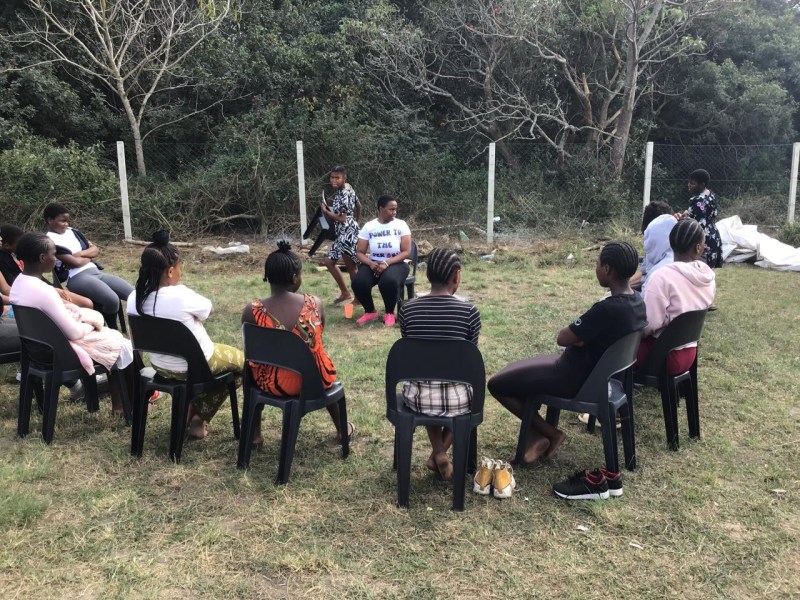
Period friendly world
During the workshop, we taught the girls about different period products such as tampons, period underwear, and non-disposable underwear. “There is no way I am using that on myself,” said one of the girls when I demonstrated how a tampon is used. There was also a question-and-answer session where the girls engaged with the content in a safe space where no one would shame them for a heavy flow or even having wild cravings a few days before their periods.
“When I’m on my period, I distance myself because I don’t want anyone to smell the stench of my blood,” said a 17-year-old in the group.
Her statement was met with many nods, proof that period stigmatization was a reality in the community they call home. Towards the end of the workshop, the girls were more relieved and more confident in saying the word ‘vagina’ aloud. The period pledge sealed the deal nicely, affirming the girls and reminding them that there is nothing inhuman or unnatural about their periods.
May was Menstrual Health Month and this year’s theme was: Together for a #PeriodFriendlyWorld. This presented society with the opportunity to unpack the advancements made to create a period-friendly world. Some organisations hosted panel discussions while others such as Qrate and Menstrual Project hosted their inaugural menstrual lecture called the Flow Forward Lecture. This day also highlighted how period poverty is a policy and budget issue.
In May 2024, UN Women Africa reported that making period products affordable, ensuring access to improved sanitation, and changing social norms to reverse stigma could help put an end to period poverty. Austerity measures around period products are a contributing factor to the violation of menstrual health rights, which are human rights. There is a need for period-positive policies such as menstrual leave and the need for a budget that will ensure that period products are free and accessible.
Bring men on board
But much work has already been done to spread period positivity. Movements such as YUW and menstrual-health-focused organizations all over the world have pushed the period agenda for many years. There have been workshops and various pad drives that have highlighted the global period crisis.
However, doing the work alone as menstruators and feminists is not enough.
There is a need to bring men on board as allies. The only reason progress was made in HIV awareness was because society spoke as one about the virus’ severe impact.
The period poverty crisis demands the same from us – now more than ever before. If we do not want to do it for ourselves, we should do it for the future generation of menstruators. They deserve to bleed freely. We must continue to push the period-positive agenda in every space we occupy; workplaces, schools, churches, social media, and even our own homes.

